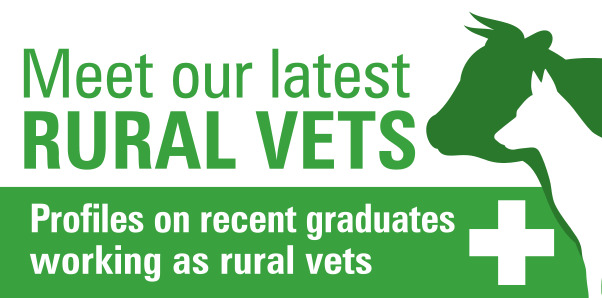

He began working at the Veterinary Centre Oamaru in late January.
Raised in the suburbs in Upper Hutt, he prefers living in a rural town to an urban city.
"It is always busy and it is nice being somewhere slower and there is not as many people rushing to get places," he said.
The son of electrical engineers, he had limited exposure to life on a farm.
Part of his vet study in his first and second year included placements doing general farm work.
Southern placements included three weeks working on Alex Watt’s sheep and beef farm near Gore.
Clinic placements included Veterinary Centre Oamaru and Vetlife Temuka.
About two-thirds of his work since starting full-time at Veterinary Centre Oamaru is on large production animals on farms.
He found that work to be the most enjoyable part of his job.
The workload has ranged from assisting transferring embryos in deer in Waimate to removing a piece of a cow horn from a working dog.
Work he has completed himself includes repairing a prolapsed uterus in a cow and amputating a cat’s leg.
When Southern Rural Life visited he was installing a drain to remove fluid from a working dog recovering from surgery.
He believed he would be working in the same clinic if the scheme did not exist.
"It is a good incentive to work rurally and it will help pay my $120,000 student loan — it will nearly halve my student loan over five years."
Some of his classmates are now working as graduate vets in Australia but he has dismissed the idea.
Although graduate vets are paid more in Australia, working in a rural clinic in New Zealand is more lucrative due to the scheme and student loans bearing no interest, which they do when employment is overseas.
"I prefer New Zealand and I’ve always wanted to live in the South — it is nice to look at and there is less people. It is a nicer pace of life," Mr Horton said.














